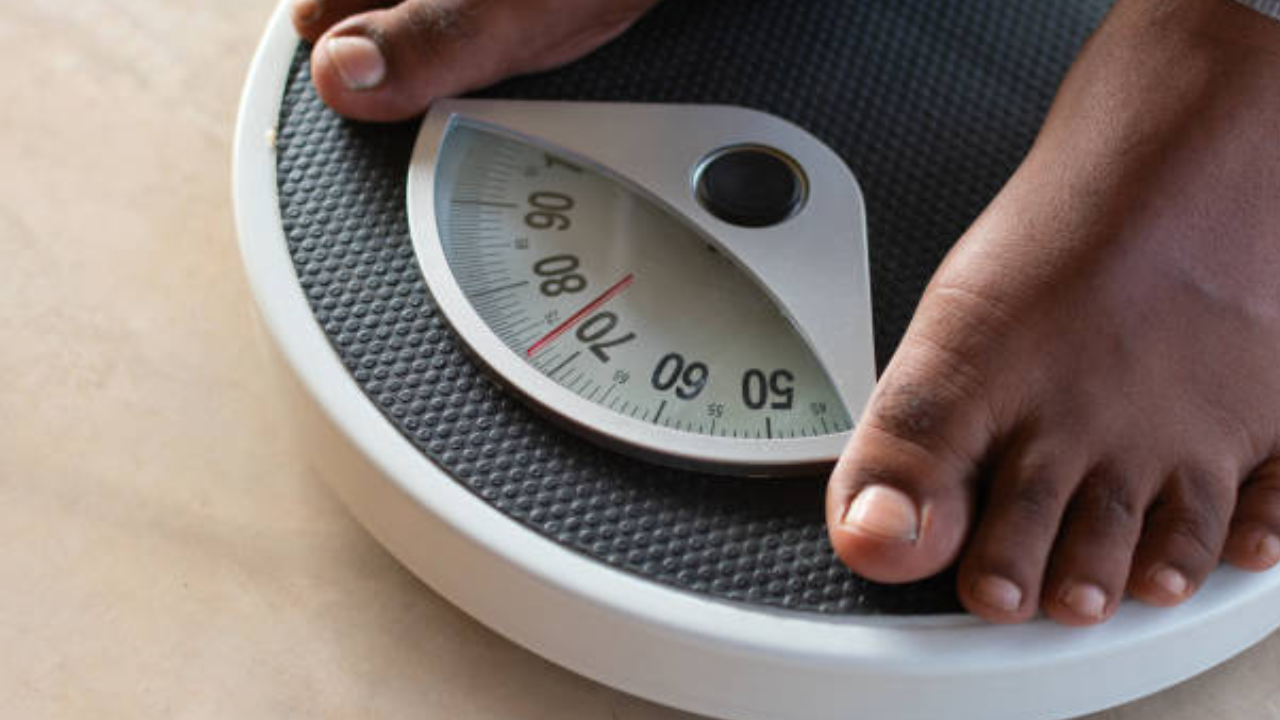Nutrition (30%)
Allocate 30% of your dietary focus on maintaining a balanced and nutritious diet. Include a variety of whole foods such as fruits, vegetables, lean proteins, whole grains, and healthy fats. Strive for a colorful plate that represents diverse nutrients. Pay attention to portion sizes to avoid overeating. Aim for balanced meals that provide sustained energy throughout the day, reducing the likelihood of energy crashes and unnecessary snacking.
Include water as a crucial component of your nutrition plan. Aim to consume an adequate amount of water daily, as hydration plays a vital role in supporting bodily functions and overall well-being.
Exercise (30%)
Dedicate 30% of your fitness routine to cardiovascular exercises. Activities such as running, cycling, swimming, or brisk walking contribute to improved heart health, increased stamina, and calorie burning. Allocate another 30% of your exercise routine to strength training. Incorporate weightlifting, bodyweight exercises, or resistance training to build muscle strength, enhance metabolism, and promote overall functional fitness. The remaining 30% should be devoted to flexibility exercises and mindful movement practices like yoga or Pilates. These activities not only improve flexibility and joint health but also provide a mental respite, fostering a mind-body connection.
Mindfulness (30%)
Incorporate mindfulness into your eating habits. Take the time to savor and appreciate each bite, paying attention to hunger and fullness cues. This practice can lead to better digestion and a healthier relationship with food.
Bring mindfulness to your physical activity. Focus on the sensations in your body, your breath, and the present moment during workouts. This enhances the effectiveness of your exercises and promotes mental well-being.
Dedicate a portion of your day to mindfulness practices such as meditation or deep-breathing exercises. These activities can reduce stress, improve mental clarity, and contribute to overall emotional balance.
Benefits of the 30-30-30 method
Holistic Well-being: By evenly distributing attention to nutrition, exercise, and mindfulness, the 30-30-30 method promotes holistic well-being, addressing physical, mental, and emotional aspects of health.
Sustainable Lifestyle: This approach encourages a balanced and sustainable lifestyle, making it more likely for individuals to adhere to healthy habits in the long term.
Versatility: The method is adaptable to different fitness levels, allowing individuals to customize the intensity and type of exercises based on their preferences and goals.
COVID variant JN.1 has minimum symptoms
Improved Body Composition: By combining cardiovascular exercise, strength training, and flexibility exercises, individuals may experience improvements in body composition, including increased muscle tone and reduced body fat.
Enhanced Mind-Body Connection: Mindfulness practices contribute to a strengthened mind-body connection, fostering a greater awareness of one’s physical and emotional well-being.
Tips to follow
The 30-30-30 method is a general framework. Individuals may need to personalize the approach based on their specific goals, fitness levels, and any health considerations. Before adopting a new dietary or exercise regimen, especially for individuals with pre-existing health conditions or concerns, it’s advisable to consult with healthcare or fitness professionals for personalized advice.
Beginners should gradually ease into the 30-30-30 method, allowing their bodies to adapt to new dietary habits and exercise routines. Pay attention to your body’s signals. If a particular aspect feels too strenuous or uncomfortable, modifications may be necessary. Always prioritize safety and well-being.


